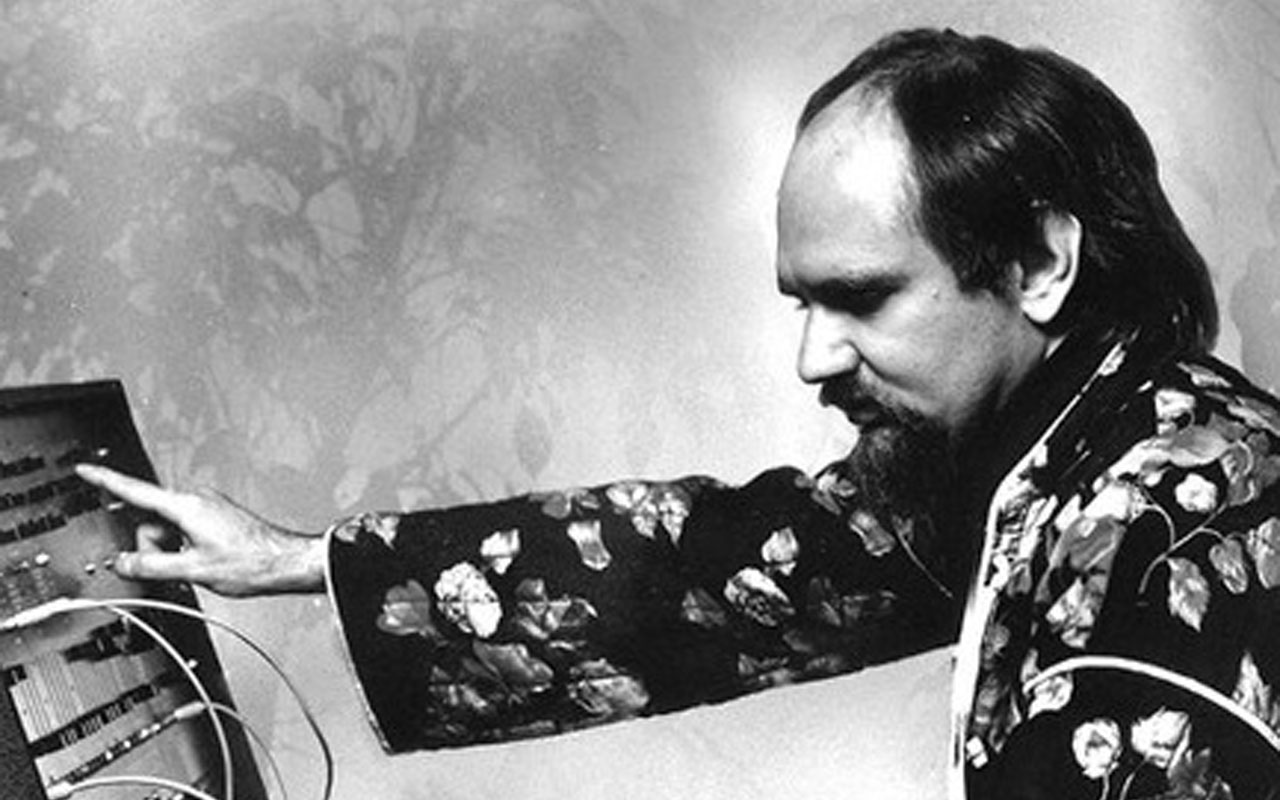
Mike Mandel photo courtesy of Vanguard Records
Earshot Jazz is proud to share brief excerpts from the forthcoming book, After Jackson Street: Seattle Jazz in the Modern Era (History Press of Charleston, S.C.), by Seattle’s preeminent jazz writer, Paul de Barros. Picking up where Jackson Street After Hours (Sasquatch Books, 1993) left off, the new book will feature fascinating interviews with the familiar artists and under-sung heroes who shape this vibrant jazz scene.
Best known as the blazing keyboardist in Larry Coryell’s renowned mid-70s jazz-rock fusion band, The Eleventh House, Mike Mandel was born blind in 1941 and grew up in Yakima. As a teenager, he played with Coryell in The Checkers, a rock band that came through Seattle and also toured behind early rock stars such as Gene Vincent, Roy Orbison, and Bobby Vee. From 1962-68, Mandel lived in Seattle, where, like Coryell, he pursued jazz without abandoning his blues and rock roots. Below are (edited) excerpts from a 2023 phone interview from New York, where Mandel has worked for decades writing music for TV, including a long stint for The Ellen DeGeneres Show.
I spent a lot of time at the Queequeg (a hip U district coffeehouse) with (bassist and pianist) Jerry Heldman. He is the guy who introduced me to Bill Evans. I was a groove guy — Hammond B3, Oscar Peterson — but with Jerry, I could really try out my Bill Evans ideas. For a couple of months, Jerry shared his space with me at the Fisher Studio Building, between Pine and Pike, where people could rehearse. My wife and I lived there. The room came with a piano. We paid 65 bucks a month.
Joe Brazil hired me for the afternoon band at the Penthouse. Bob Nixon would take a week, then I would do a week. Joe was a good player, a very quiet spark plug to a lot of the young players in Seattle. When Trane played the Penthouse, he was going to have dinner at Joe’s, so Joe dropped me off on the way. I couldn’t speak. I mean, it was like, Gee, Mr. Coltrane, I love your walking on water act. I was in such awe of these people. Coltrane, Miles and Cannonball. All those guys were, like, untouchable. But at the Penthouse one night, I was sitting on the divan, and Miles sat down and clapped his hand over my hand and said, “Hey, motherfucker, where you workin’?” And he bought me a beer. Miles Davis!
When Dave Lewis left the Black and Tan, I went in there as a leader. I was on B3 (Hammond organ). The Black and Tan was something. I was only there two or three weeks, and Jimmy McGriff came in. He showed me the settings all the guys, like Jimmy Smith, were using. He took 20 minutes with me — just to lay that knowledge on me. I’m forever grateful. After Jimmy McGriff, Big Mama Thornton came in. And after that, Jimmy Witherspoon. We also worked there with Etta Jones. Some weeks, they’d bring in wild ass acts. They had an act that had a monkey. I think it was a ventriloquist. And a dancer with a snake.
One time, when Brother Jack McDuff was there, he had this young guitar player. Larry Coryell came by. We thought, Hey, this guy’s really good. Larry sat in. The guitar player was George Benson. So, we had the future right there, man.